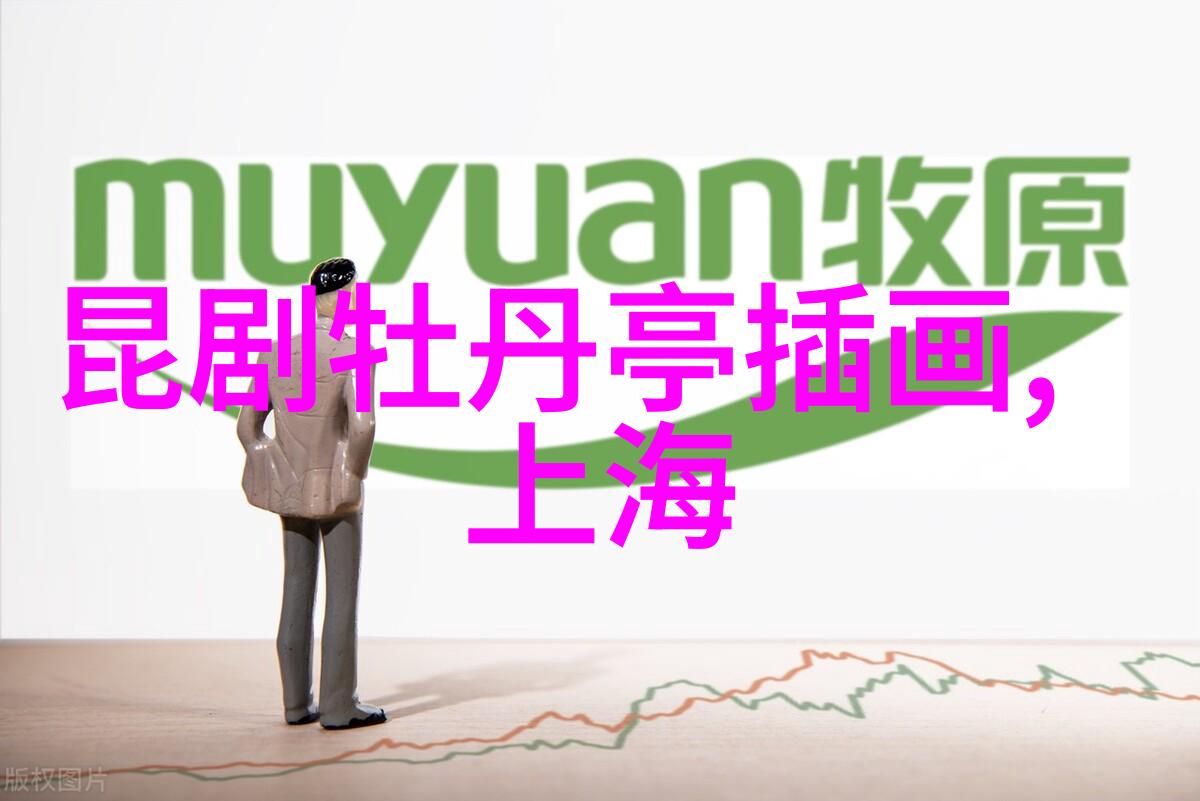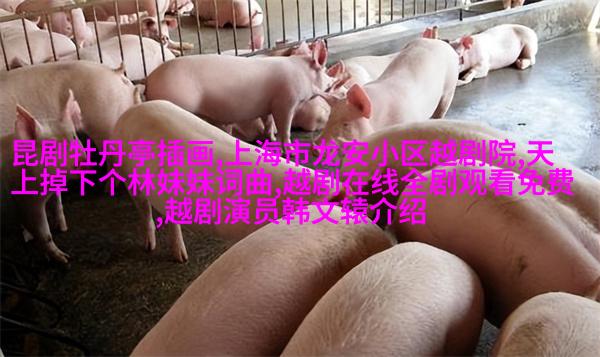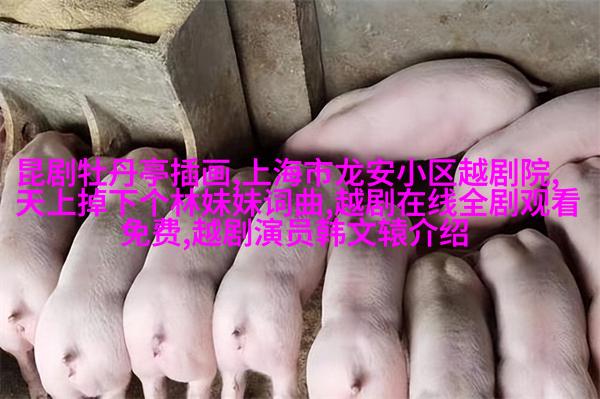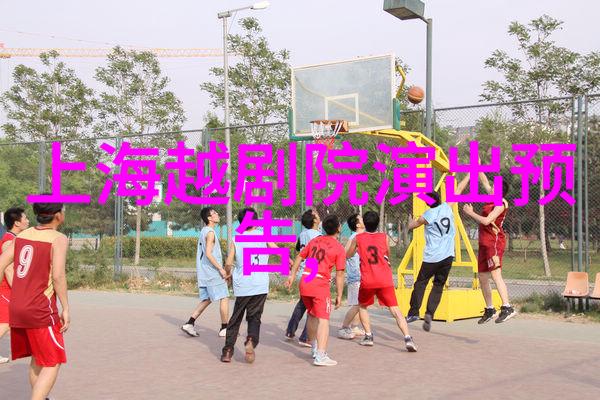Huangmei Opera, a traditional form of Chinese theater, has been captivating audiences for centuries with its unique blend of music, dance, and drama. Originating in the picturesque town of Huangmei in Anhui Province, this art form has evolved over time to become an integral part of Chinese cultural heritage.

Origins and History
The history of Huangmei Opera dates back to the 18th century when it was born from a fusion of various folk arts such as Peking Opera and local storytelling traditions. Over time, it developed its distinctive style characterized by rich melodies, lively rhythms, and intricate choreography. The opera's popularity spread throughout China during the 19th and early 20th centuries when it became a staple at festivals and celebrations.

Music
Music is an essential element in Huangmei Opera performances. Traditional instruments such as gongs, cymbals, drums, flutes, and strings are used to create complex rhythms that accompany singers' vocalizations known as "singing recitation." This unique musical style combines elements from both Northern and Southern Chinese music traditions.

Acting Techniques
Actors in Huangmei Opera employ exaggerated facial expressions (known as "changing face"), elaborate costumes (often adorned with gold or silver thread), makeup (including painted eyebrows), acrobatics (such as somersaults or tumbling), martial arts skills (like sword fighting), singing recitation techniques like belting high notes called "crying," which can reach up to three octaves above middle C.

Plot Themes
Plots typically revolve around themes related to love stories between heroes/heroines from different social classes or regions; stories involving loyalty towards family members; tales about justice being served through rebellion against tyrannical rulers; legends featuring supernatural beings like ghosts or immortals; historical events retold through fictional characters' perspectives – all these genres contribute significantly to maintaining interest among diverse audiences while preserving historical records simultaneously.

Impact on Society
Huangmei Opera plays a significant role within society by promoting education through storytelling narratives that often address moral values such as filial piety ("xiao") - respect for one's parents - loyalty ("zhong") - devotion towards one's countrymen - benevolence ("ren") compassion towards fellow human beings- righteousness ("yi") standing up against injustice , truthfulness("shi"), honorability("jun").
6 Conclusion & Preservation Efforts
Today there are fewer than ten professional troupes performing this ancient art due mainly because many young people prefer modern forms entertainment instead preferring careers outside their hometowns seeking better opportunities elsewhere leading dwindling numbers have led efforts preservation initiatives including government support grants training programs aimed at increasing awareness amongst younger generations enabling them carry forward tradition safeguarding future generations enjoying beautiful masterpiece culture provides richness diversity depth our shared global humanity experience together across borders languages barriers embrace sharing understanding embracing unity harmony peace world we live today tomorrow forever into eternity!


